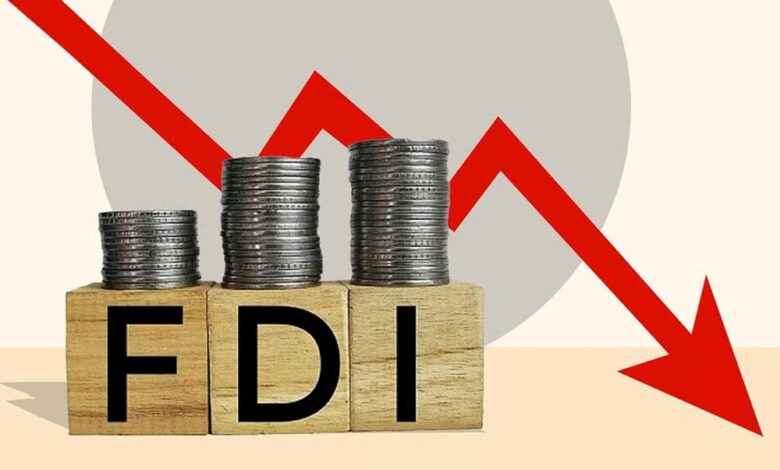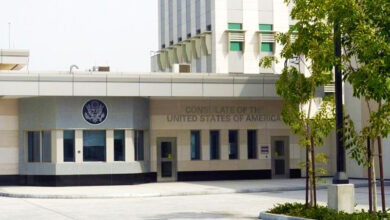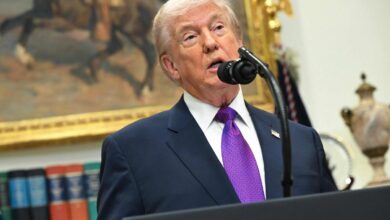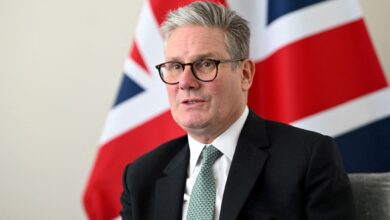Al-Shall: GCC sees growth in FDI as Kuwait’s performance remains weak amid global decline

According to Al-Shall Economic Report, based on the UN Conference on Trade and Development (UNCTAD) findings released on June 19, foreign direct investment (FDI) activity in the GCC witnessed notable growth in both inward and outward flows during 2024.
Total inward FDI to the GCC rose from $67.1 billion in 2023 to $73.6 billion in 2024, marking an increase of 9.7 percent. Outward flows also grew from $51.9 billion to $58.6 billion, a 12.9 percent increase, reflecting a better performance by the GCC region in contrast to the global decline in FDI, reports Al-Rai daily.
The UAE accounted for the largest share of inward FDI, receiving around $45.6 billion, or 62 percent of total inflows to the region. Saudi Arabia followed with $15.7 billion, making up 21.4 percent of the total, but this figure represented a 31 percent drop compared to the previous year.
Oman ranked third, attracting $8.7 billion in FDI, up 83 percent from 2023, and capturing about 11.8 percent of total inflows. Bahrain came fourth with $2.5 billion, a 65.7 percent decline, while Kuwait ranked fifth, receiving only $614.1 million—a drop of nearly 71 percent—representing a marginal share of total GCC inflows. Qatar, though last with $460.2 million, improved from negative inflows in 2023.
On the outward investment side, the UAE led again with $23.4 billion in outflows, and retained a strong net positive flow of $22.2 billion. Saudi Arabia was next with $22 billion in outflows, but recorded a net deficit of $6.3 billion.
Kuwait had the third-largest outflows at $10.3 billion and the highest net deficit of $9.7 billion. Qatar followed with $1.6 billion in outflows and a $1.1 billion deficit. Oman’s outflows were $1 billion, with a notable surplus of $7.6 billion. Bahrain had the lowest outflows at $275 million but posted a surplus of $2.2 billion.
Kuwait’s figures reflect a troubling reality: the country remains unattractive to inbound FDI while also seeing the highest net outflows, suggesting capital flight and a weak investment climate. Al-Shall emphasized that these outcomes highlight the fragility of Kuwait’s business environment and its limited appeal to foreign investors.
Globally, the UNCTAD’s World Investment Report 2025 estimates a decline of 11 percent in global FDI for 2024, following a similar drop in 2023.
This trend is not universal, however, with variations across regions. Advanced economies recorded a sharper decline of around 22 percent, with Europe suffering the most severe contraction at 58 percent.
Asia experienced a modest drop of 3 percent in FDI, but Southeast Asia defied the trend with a 10 percent rise, reaching $225.3 billion. Africa saw a substantial 75 percent increase in FDI, driven largely by one megaproject in Egypt, which alone saw inflows rise from $9.8 billion to $46.6 billion. Meanwhile, Latin America experienced a 12 percent decline.
North America stood out with a robust rise in FDI. The United States attracted $278.8 billion, up from $233.1 billion in 2023. Canada’s FDI grew from $46.5 billion to $64.1 billion, while Mexico posted a slight increase to $36.9 billion.
UNCTAD attributes the global decline in FDI to a range of challenges, including geopolitical instability, trade policy tensions, and growing competition in key industries.
Al-Shall noted that these pressures have intensified by mid-2025, particularly in light of escalating trade conflicts and military tensions near vital oil and gas reserves. These developments, it warned, may result in a third consecutive year of declining global FDI flows.












